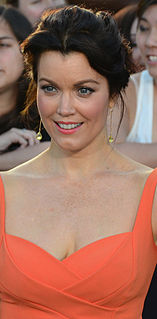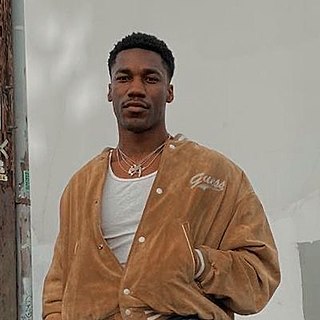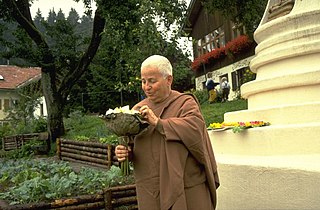A Quote by Alexandra Fuller
In ways I don't entirely have the words for, an experience, thought or a lesson isn't real for me until I've written down.
Related Quotes
Some people manage their writing by saying, 'I need to get 2,000 words written today,' others by saying, 'I will write for X hours.' Not me. I start with a plan for the book, break it down into scenes, and I know what scenes need to get written each day. If the scene takes more words than I thought, so be it.
The pain is always bringing me a lesson. If I listen to the lesson when the pain is manageable, the pain won't get gargantuan and flatten me entirely, because I will have received the message at the center. I receive it as gently as I can, because the cruelest thing that I do to myself is try to push myself through an experience.
Words are merely utterances: noises that stand for feelings, thoughts, and experience. They are symbols. Signs. Insignias. They are not Truth. They are not the real thing. In fact, you place so little value on experience that when what your experience of God differs from what you've heard of God, you automatically discard the experience and own the words, when it should be just the other way around.
I still don't know how to express the really delicate personal stuff. People think that Plastic Ono is very personal, but there are some subtleties of emotions which I cannot seem to express in pop music, and it frustrates me. Maybe that's why I still search for other ways of expressing myself. Song writing is a limiting experience in some ways - writing down words that have to rhyme.
I guess I think that sex and desire and humiliation are central to my experience of consciousness - to my experience of humanness - and I wanted to explore the ways that they circle around and approach and fail to add up to love, or the ways that those three terms - sex, desire, love - can in some lights seem synonymous and in others like elements entirely alien to one another.
I was carrying a beautiful alcoholic conflagration around with me. The thing fed on its own heat and flamed the fiercer. There was no time, in all my waking time, that I didn't want a drink. I began to anticipate the completion of my daily thousand words by taking a drink when only five hundred words were written. It was not long until I prefaced the beginning of the thousand words with a drink.
The dictionary is like a time capsule of all of human thinking ever since words began to be written down. And exploring where words have come from can increase your understanding of the words themselves and expand your understanding of how to use the words, and all of this change happens in your thinking when you read the words.
Suffering is our best teacher because it
hangs onto us and keeps us in its grip
until we have learnt that particular
lesson. Only then does suffering let go. If
we haven’t learnt our lesson, we can be
quite sure that the same lesson is going
to come again, because life is nothing but
an adult education class, If we don’t pass
in any of the subjects, we just have to sit
the examination again. Whatever lesson
we have missed, we will get it again. That
is why we find ourselves reacting to
similar situations in similar ways many
times.
I'm no shrinking violet. I played hockey until half my teeth were knocked down my throat. And I'm extremely competitive on a tennis court. . . But that experience at the slaughterhouse overwhelmed me. When I walked out of there, I knew I would never again harm an animal! I knew all the physiological, economic, and ecological arguments supporting vegetarianism, but it was firsthand experience of man's cruelty to animals that laid the real groundwork for my commitment to vegetarianism.

































